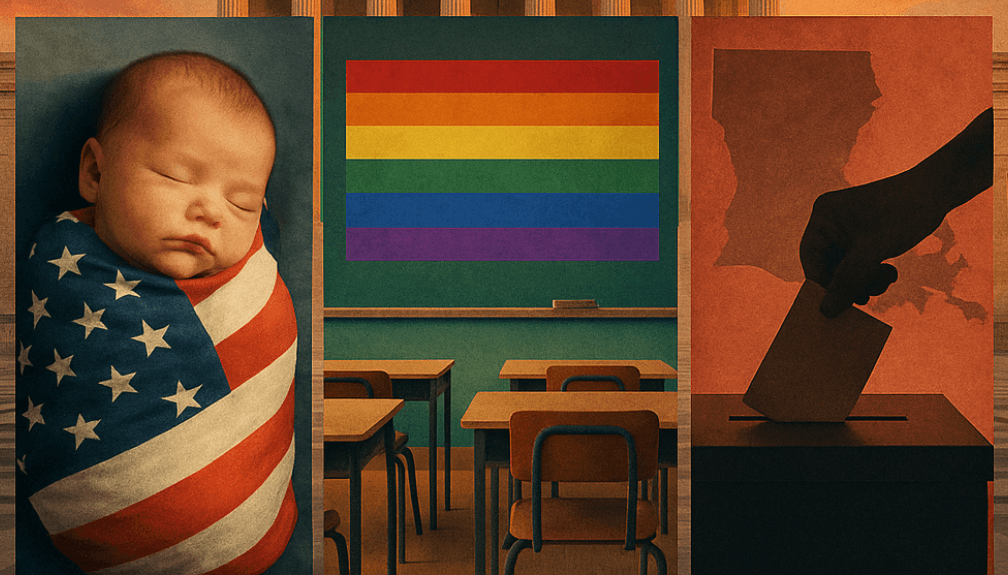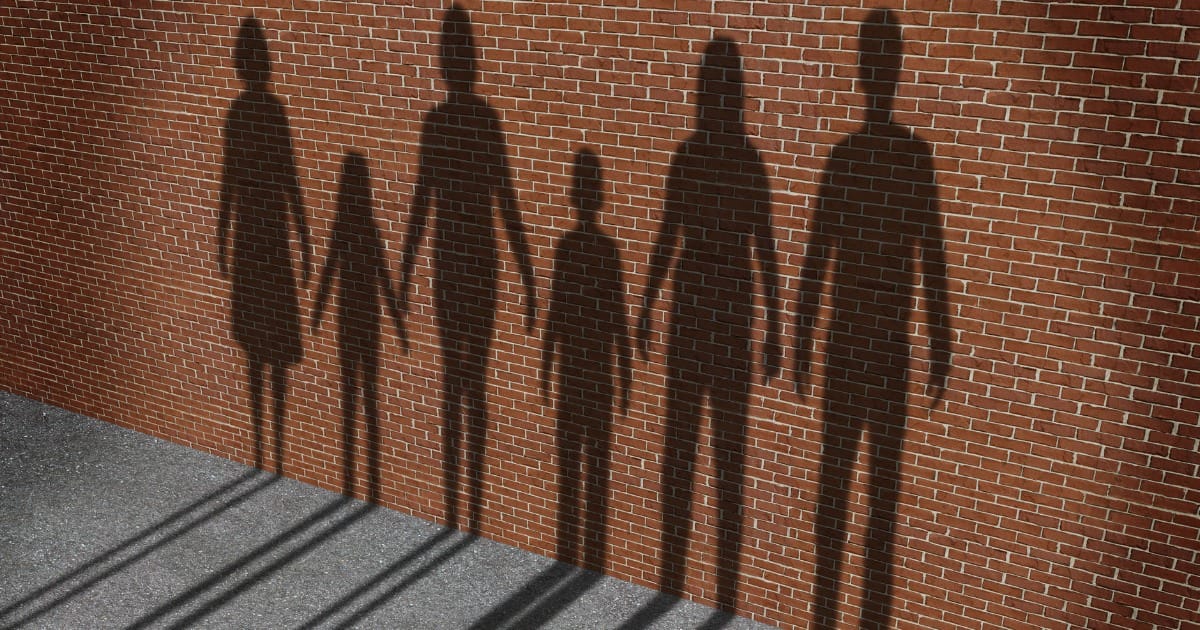This June, the U.S. Supreme Court is poised to issue decisions that could fundamentally reshape the legal landscape of American life. From the fate of birthright citizenship to the rights of LGBTQ+ students in public classrooms and the question of fair political representation for Black communities, the Court’s upcoming rulings will reverberate far beyond the courtroom. These are not isolated legal disputes; they are milestones in a broader, deliberate campaign to redefine American rights and power structures.
With a conservative majority entrenched by recent political victories, including appointments made during the Trump administration, these cases underscore a crucial truth: the composition of the Supreme Court and the future of its jurisprudence are deeply rooted in electoral choices. Who controls the Senate, who sits in the White House, and who wins state-level contests all determine the legal realities we must now face. This article examines the Court’s most consequential pending rulings, the arguments and individuals involved, and the far-reaching consequences for justice, democracy, and civil rights in the United States.
Key Issues
Birthright Citizenship
Issue: Trump’s executive order to end automatic citizenship for U.S.-born children of non-citizens, paired with debate over whether lower courts can issue nationwide injunctions blocking it.
One of the most consequential decisions pending before the Supreme Court this June involves the fate of birthright citizenship, a bedrock principle enshrined in the 14th Amendment since 1868. The case challenges a Trump-era executive order seeking to deny automatic citizenship to children born in the U.S. to undocumented parents.
While the justices have so far focused narrowly on whether lower courts can issue nationwide injunctions to block such policies, the broader constitutional stakes loom large. Justice Sonia Sotomayor highlighted the human cost, warning that restricting nationwide injunctions could mean “thousands of children who are going to be born without citizenship papers,” potentially splitting the country in half. Andrea Flores, vice president of immigration policy at Forward US, echoed this concern, noting, “It is possible that an unconstitutional order can go into effect in 28 states… it would create a patchwork citizenship process.”
For Norman Wong—the great-grandson of Wong Kim Ark, whose 1898 Supreme Court case established the right to citizenship for U.S.-born children—this fight is deeply personal. “This is an attack on birthright citizenship,” he stated. “What kind of nation are we to be, with stateless children born to no country? …To this, I say, ‘No.’” The ruling will determine whether America upholds a long-standing constitutional guarantee or embarks on a dangerous new precedent of selective citizenship.
LGBTQ+ Representation in Classrooms
Issue: Can parents object to LGBTQ-themed children’s books without opt-out options on religious grounds?
Another closely watched case this term—Mahmoud v. Taylor—puts LGBTQ+ representation in public education on the line. The plaintiffs, a group of Maryland parents, argue that their constitutional rights are violated when their children are required to read LGBTQ+-inclusive books without the option to opt out on religious grounds. The case, argued in April, presents a critical test of whether parental rights can override educational curricula designed to reflect diversity and inclusion. While conservative justices appeared open to expanding religious exemptions, liberal justices voiced concern over the implications of allowing ideological veto power in classrooms.
Colten Stanberry, counsel at the Becket Fund for Religious Liberty, framed the issue succinctly: “We want the Supreme Court to recognize that parents have a right to direct the religious upbringing of their kids.” On the other side, LGBTQ+ advocates warned of the broader harm such rulings could inflict on student welfare.
“As a queer person… I know I missed a lot,” said Helen Parshall of Lambda Legal, emphasizing that “inclusive curricula help promote student safety, foster academic success, and develop respect and understanding.”
Legal analyst Ian Millhiser raised alarms about a potential national precedent: “The Supreme Court threatens to bring ‘Don’t Say Gay’ to every classroom in America.” The Court’s decision will signal whether public education remains a space for diverse identities—or becomes increasingly subject to ideological censorship.
Redistricting & Racial Representation
Issue: Does Louisiana’s redesigned map—with a second Black-majority district—violate the Voting Rights Act or equal protection?
In Louisiana v. Callais, the Supreme Court is set to decide whether Louisiana’s congressional map—revised to include a second majority-Black district—violates the Equal Protection Clause or appropriately remedies past racial discrimination under the Voting Rights Act (VRA).
The case stems from a lower court ruling that found the original map diluted Black voting power in violation of Section 2 of the VRA. Voting rights advocates argue that the revised map is a necessary corrective to decades of disenfranchisement, especially in a state where nearly one-third of the population is Black.
Though the Court’s conservative majority has in recent years narrowed the scope of the VRA, this case will test whether those precedents foreclose even modest efforts to secure fair representation. While direct public statements from stakeholders in this case are limited, legal experts and civil rights organizations, including the NAACP Legal Defense Fund, have warned that overturning the map would deal another blow to the already weakened protections of the VRA.
The implications are national: a ruling against the revised district could set a precedent that makes it far harder to challenge racially gerrymandered maps across the country, entrenching political inequality under the guise of race neutrality.
I’ve not found any compelling stakeholder quotes about this one, but I will keep my eyes and ears open as I follow along.
Know Your Sources
These three high-stakes Supreme Court cases—on birthright citizenship, LGBTQ+ inclusion in classrooms, and racial representation in redistricting—arrive on the heels of landmark decisions that have already gutted abortion access and affirmative action. They are not isolated rulings but part of a broader, calculated effort by a conservative majority to redefine the boundaries of American rights and power. In this shifting judicial landscape, organizations like Leaders We Deserve remind us that the fight for justice starts long before a case reaches the Supreme Court. The young leaders we support today—state legislators, senators, future presidents—will shape the composition of the Court and the direction of our democracy. But this isn’t just about policy; it’s about people. Now more than ever, being aware is not enough. We must speak out. Call your representatives. Write letters. Use your voice on social media to spotlight injustice and advocate for equity. And always—always—fact-check. That means knowing who funds the information you consume. As for me, here at scrink.com, I’m a lone wolf. I fund myself, I follow the truth, and I write about what matters—from civil rights to the latest novel on my shelf. What you read here is shaped only by who I am: an ally working to dismantle privilege and amplify voices that too often go unheard.





